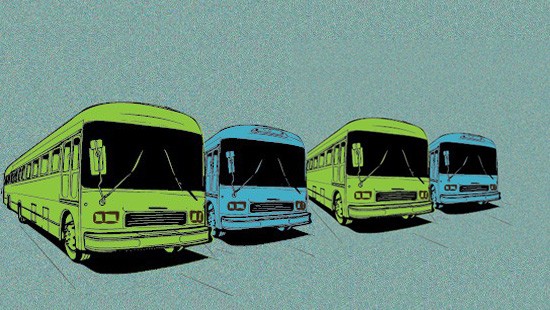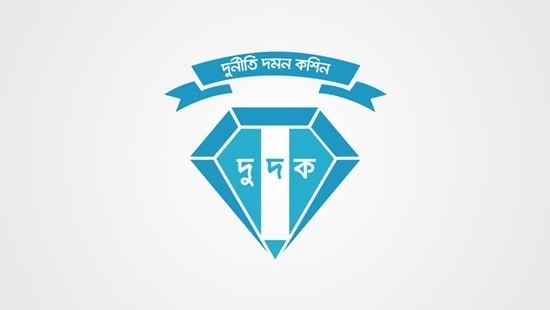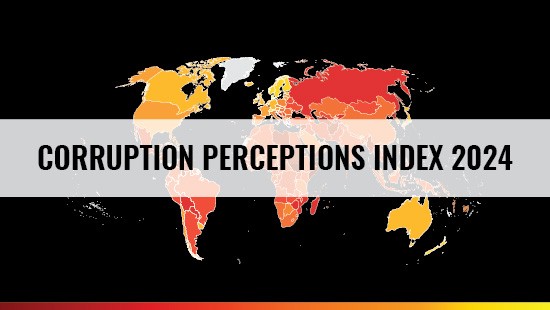Glimpses from the Press, June 1998
Rampant Corruption
Gas worth Taka7 crore is annually stolen or misused from the Titas Gas Company Ltd., according to a news item on page four of the Bangla daily, Bhorer Kagoj, dated April 28th, 1998. The story says that the theft shows up as system loss, thereby covering up the fact that corrupt officials and employees of the company are involved. These people are protected by support from the Trade Unions. The item quotes an official of the Titas Gas Company as saying that most of the employees of the company own cars and houses in Dhaka city, while high officials own valuable property.
The news item states that the situation is similar in other public sectors and corruption is as normal as a breeze in Bangladesh. The question is, how long will the situation continue. When will the government take effective steps to deal with corruption ?
Question Papers Leaked?
Also in the Bhorer Kagoj, this item drew attention to the leakage of question papers in the SSC examinations. Published on April 20th, 1998, the report alleged that the culprits were corrupt personnel in the Board and at the examination centre, but innocent students were penalised unnecessarily for the act. The item points out that the same kind of leakage in the previous year had forced some students to appear twice for the same examination. It asked what steps had been taken to avoid a repetition of the event. The report stated that the authorities ought to be alert, strong and honest, while anyone involved in leaking question papers ought to be punished.
Corruption and Development
By Cheryl W. Gray and Daniel Kaufman
This article on the Editorial page of The Bangladesh Observer on April 18, 1998 is a rebuttal of the argument that corruption has certain economic advantages in developing countries. The authors state that in recent years the problem of corruption has been given public recognition in many ways. The subject has been widely recognised by organisations of repute such as the World Bank and the International Monetary Fund, for instance, while the growing influence of the non-governmental organisation Transparency International has also been significant. A landmark decision by the Organization for Economic Cooperation and Development (OECD) to criminalise bribery abroad, as well as a rapidly growing body of theoretical and empirical literature on the economic impact of corruption, have all served to refute the contention that corruption can have benefits for the economy of a developing country.
The article goes on to describe and discuss the many faces of corruption, providing a list and brief explanation of corrupt activities in the public sector and the adverse impact corruption has on development. The authors discuss a range of areas, such as government contracts, government benefits, public revenues, regulatory practices, legal processes and the part played by corruption in these activities.
The article discusses in detail the economic costs of corruption, particularly the negative impact of bribery as an integral part of everyday economic activity and business transactions.
Members Meeting
69 Corruption cases against ex-ministers, MPs filed
A front page news item in the Bangladesh Observer, dated April 22nd, 1998, quotes the Prime Minister Sheikh Hasina informing the National Parliament that 69 cases on various charges of corruption have been filed so far against ministers and MPs of the previous BNP government. The PM made the statement in reply to a question from MP Zeenat Hossain of the Jatiy Party. According to the Prime Minister, those implicated in these corruption charges included a former Prime Minister, 17 ministers, State Ministers, former Speaker and 11 former and current MPs.
The news item also quoted the PM as denying that the Anti-Corruption Department was ineffective. She stated that the past BNP government had not allowed the Anti-Corruption Department to function properly. The Department was now working freely, the PM said. She accused the Leader of the Opposition and former Prime Minster of giving Taka 25 lakh each to her party MPs from the Prime Mnister's Relief Fund. This was illegal and unethical, the Prime Minister said.







